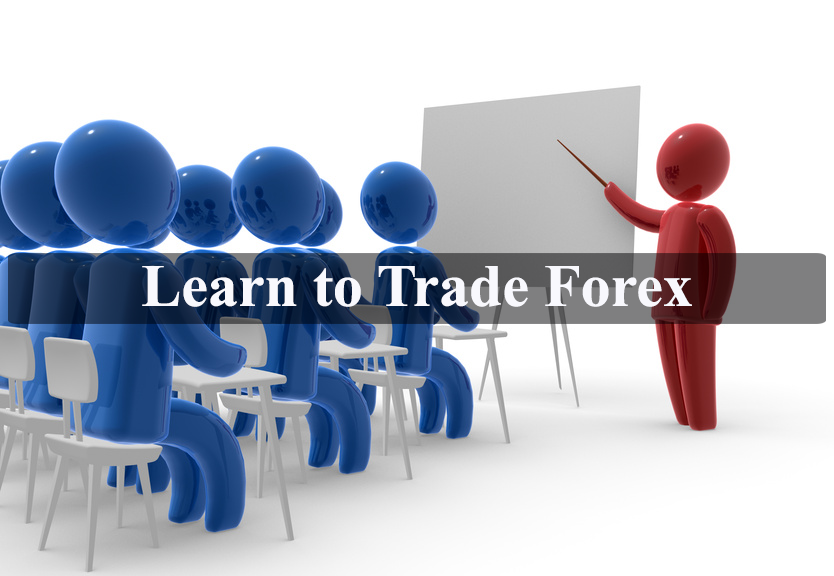The Forex is short for Foreign Exchange, the English name for the currency. Currency is the market where one country’s currency is exchanged for the currency of another country. One may need forex when doing international business for example, or personally, when traveling.
The currency market is a volatile market where sometimes you can make very large gains. Such large gains come with a potential for substantial loss.
Hedging and Currency Trading
The foreign exchange market has its usefulness. It allows companies that trade internationally to limit their risks by hedging their foreign exchange risk. It is known as hedging . To hedge currency risks, companies will eventually buy currency pairs. The forex market is the largest market in the world today, because to companies looking to hedge is added a mass of currency speculators: major banks, hedge funds, investment funds, hedge funds, brokers and individuals who joined this market not so long ago.
This market is very successful because it is a liquid market. In the beginning, forex beginners may find this a bit complicated, but in the end it’s a market like any other: supply meets demand and there are sellers and buyers. Currency prices vary widely and there are several factors that can affect the value of a currency: interest rates, trading flows, tourism, growth of various countries, geopolitical events and more again. In the currency market, as in any other market, when you buy a currency pair, in front you have a seller who sells the same pair of currencies.
Learn to trade – Forex as an investment
Forex as an investment or as an asset class has emerged recently. Forex trading is by its nature a short-term trading. Trading was very limited to institutional players due to their clients. Gradually, the banks themselves have set up proprietary trading to exploit the differences in currency quotations and make risk-free gains on arbitrage strategies. Today, forex is a market also accessible to individuals through the trading platforms offered by forex brokers and CFDs brokers.
The Complete Guide to Forex
The forex market is a decentralized market with no clearing house. This is an OTC (Over The Counter) market. The interbank market is made up of many banks that trade currencies against each other around the world. The risk in the currency market is counterparty risk, as there is no clearing house. Each bank displays its purchase price and its selling price and the formation of the price is given by the market. Negotiated volumes are very important and there is hardly anyone who can influence currency rates significantly. The daily volumes are from 2000 – 3000 billion dollars. Only central banks can influence prices by their interest rate decisions.
Attempts are being made to create ECN (Electronic Communication Network) networks to bring buyers and sellers into a centralized exchange so that traders can see the order book and the depth of the market. This is a positive move for the individual traders who will gain an advantage by seeing the volumes.
The risks on the forex are similar to those of the other stock markets. an investor may lose his capital if he makes a bad trading decision.
Advantages of Forex Trading
The currency market is the largest in terms of traded volume in the world and offer deep liquidity. It is thus easy to go in and out of position quickly without worrying if we will find a counterpart.
Significant leverage is available in this market. Forex brokers offer different leverage that can range from 10 to 1000. It is very important that the leverage is mastered by the trader because it amplifies the gains, but also the risks.
Another advantage of the currency markets is the fact that you can trade 24 hours a day, trading starts in Australia and other major places follow: Sydney, Hong Kong, Singapore, Tokyo, Frankfurt, Paris, London and New York.
Currency trading is a “macro-economic” trading. Negotiating currency pairs is like comparing the two economies. Some traders find it easier to interpret currency pair movements than movements in technical markets, such as the options market or the futures market.
How to Trade Forex
There are several ways to trade Forex:
- Scalping / arbitrage with a large capital
- leveraged trading
- hedging
- long-term currency trading
Forex scalping with large capital is possible for banks and other financial institutions. Professional traders develop arbitrage strategies and run them on very large sums of money. It is true those in the currency market changes in quotations are weak and that large volumes of orders are needed in order to generate some profitability.
Traders who use leverage are traders who cannot afford large banks but want to exploit the volatility of currencies as well. The risk of this kind of trading is that leverage can increase losses and gains.
Hedging is a protection trading against a risk. An exporting company that will receive 1 million euros in 6 months needs to protect itself against the volatility of the euro today, in order to cover its costs. In the same way, a US investor who buys European stocks and wants to sell them in 1 year, must protect himself from the volatility of the Eurodollar, because this investor will have to have dollars at the end of the period and his shares are in euros. Hedging is a zero sum game, but it allows you to close the gain / loss at the rate desired by the investor. Always remember that forex is a very volatile market. Trading strategies based on volatility can be considered in this market.
Long-term currency trading requires knowledge of macroeconomics and the need to anticipate forex movements over several months and years. In long-term forex trading we can find the “Carry Trade” strategy. The carry trade is a trading strategy in which we will go to borrow money in a country where interest rates are very low, like the Japanese yen and invest this money in a currency where the interest rate is higher, hoping that the exchange rate will not cancel all the gains of the carry trade. The best known carry trade has been for years the carry trade between the Japanese yen and the US dollar.
Conclusion: Forex is a risky market that offers earnings opportunities too. It cannot be stressed enough that trading the forex with leverage is a risky thing and that it does not suit any type of investor. Before deciding to trade forex you need to consider your investment objectives, your level of experience and risk appetite. To learn more about currency trading, it is always advisable to open a demo account to test forex without risk.







































